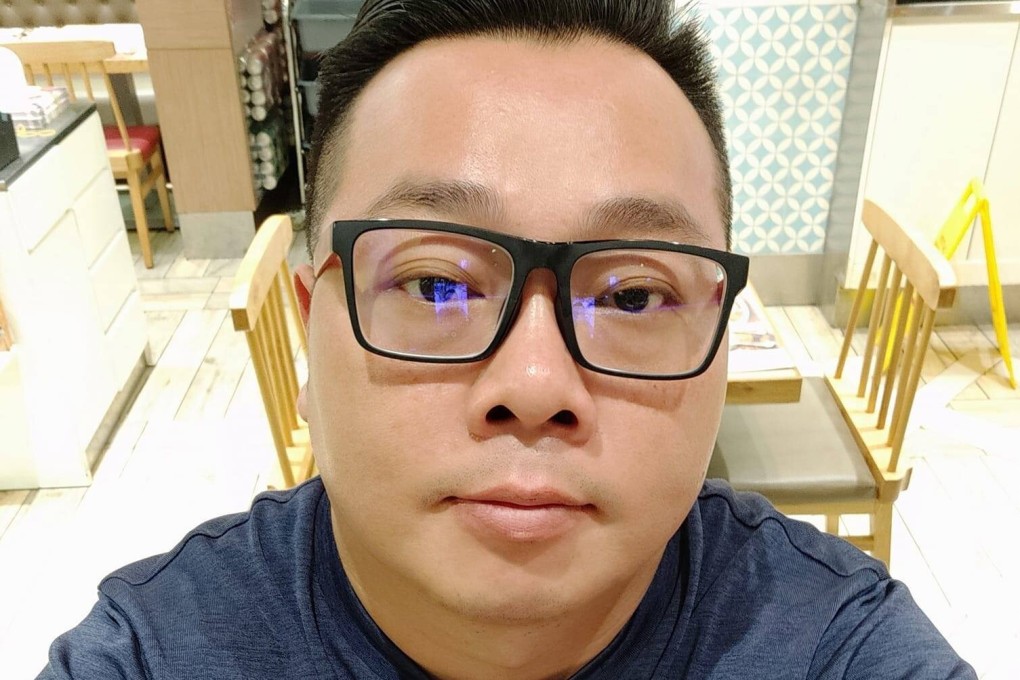Singaporean Dickson Yeo gets 14-month prison term in US on China spying charge
- The 39-year-old academic pleaded guilty to operating illegally as a foreign agent for China and soliciting non-public information in the US
- Yeo had faced a maximum 10-year jail term on the charges, but prosecutors only requested a 16-month sentence, saying he had cooperated with authorities

Jun Wei Yeo, 39, also known as Dickson Yeo, was given a relatively light sentence and credited for 11 months already spent in prison because of his cooperation with US authorities and also the threat of contracting Covid-19 in jail, said Washington federal judge Tanya Chutkan.
“I thought a lot about this case … and it’s not an easy decision that I have to make,” Chutkan said, adding that the nature of the offence was “very serious”.
“The crime that Yeo committed was not [due] to a momentary lapse in judgment. Rather, Yeo, you relayed information about the US to the Chinese government over a period of four to five years,” she said. “I can tell that you are a highly educated man and I have no doubt that you understood what you were doing.”
I want to apologise to my American friends … it was not my intention to harm them or their family
While Yeo had faced a maximum 10-year jail term on the charges, prosecutors had only requested a 16-month sentence, saying Yeo had cooperated with the authorities. The usual sentence for such crimes is 30 months in prison, they said.